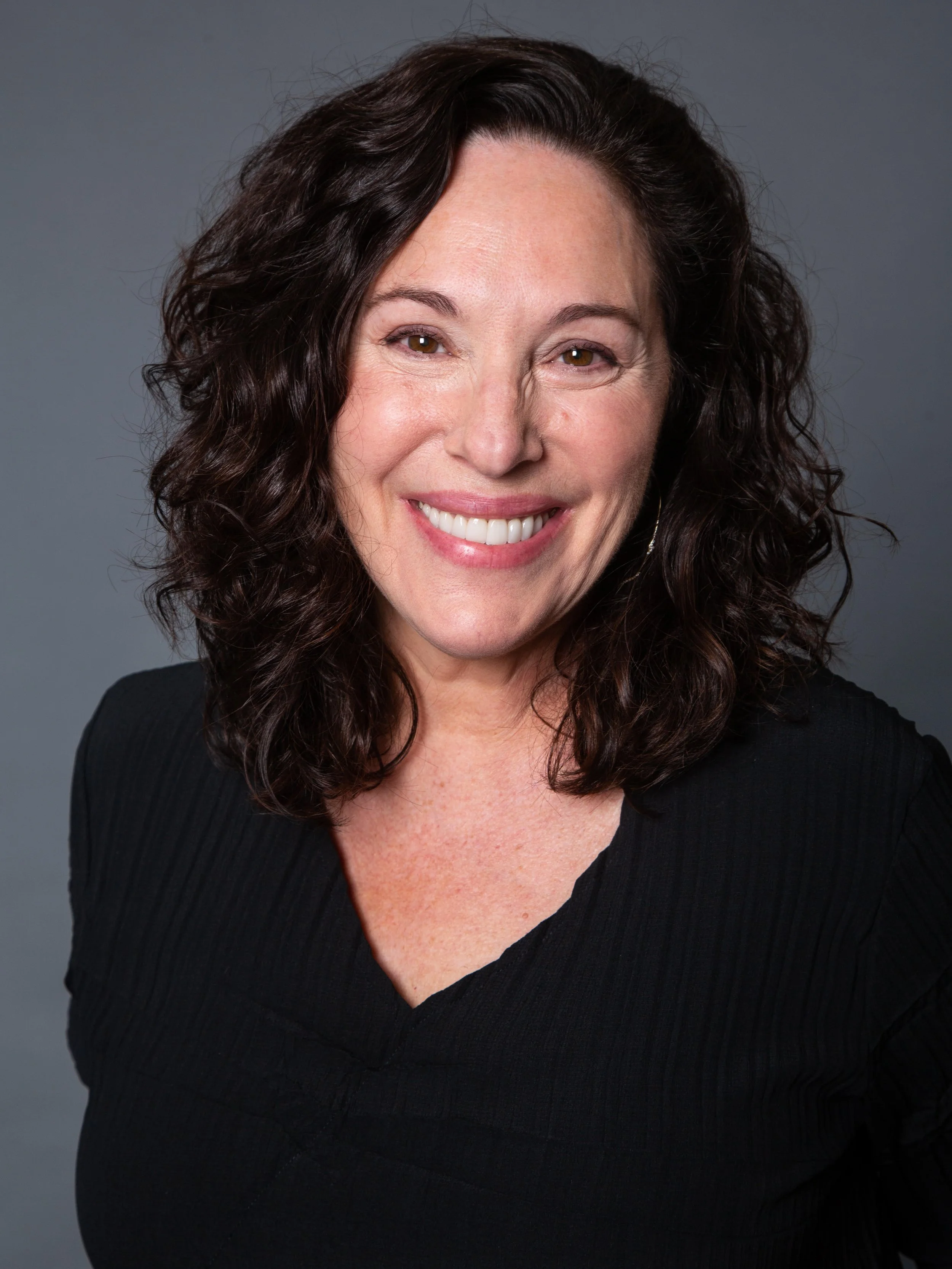Psychotropic Medications: Do They Work?
Today we are sitting down with Kimberly Meehan, an ANCC board certified psychiatric nurse practitioner. She has a private practice in New York City, and works with adults who experience anxiety, depression, ADHD, sleep issues, eating disorders and OCD. Kim works with an integrative and holistic approach, offering lifestyle changes meditation, mindfulness and psychotherapy. In addition to medication management. Kim also coaches solopreneurs who are feeling stuck and also advises several mental health startups. Right now, she is working to launch a social media page, focusing on bringing more balance to your life in pursuing the life of your dreams. She loves spending time at the beach and is currently busy training for the 2021 NYC marathon.
In this episode, Kim shares about the medication’s role in a person’s treatment, the importance of finding the right fit between the person and the medication, and the common misconceptions about it. Let’s dive in!
Listen to the Episode Now
Show Notes
[00:01 - 7:37] Opening Segment
I introduce our guest for this episode
Kim talks more about her training and her journey
How her experience developed her mission to treat clients in a certain way
[7:38 - 33:52] Using Psychotropic Medication as Part of Someone’s Treatment Approach
The role of psychotropic medication in treatment
Treating eating disorders along with its comorbidity
Being educated about nourishing our bodies the right way
Things to consider in assessing for medication
Prescribing as an art and a science
Knowing the person’s needs
Finding the right fit between the person and the psychotropic medication
Right combination of medications
Right dosage
How genetic testing can provide helpful information
Types of medications
Sleep issues being tied up with eating disorders
The mechanisms of these medicines
Dopamine vs. Serotonin
[33:53 - 43:49] Understanding Eating Disorders on a Neurobiological Level
MRI vs. FMRI
Understanding the parts of the brain that light up during mealtime vs. when restricting
Connection between reward and value of food
Decision-making is impacted when a person is malnourished
Effectiveness of the medications
How long before medication works
Recommendation to stay on the medicines for at least 9 - 12 months
Lessen chance of relapse
Being on medication during pregnancy
Medications to avoid when a person has bulimia or anorexia
Weight gain as a side effect of the medication
Misconceptions about medication
Connect with Kim through the links below
Final words
Connect with Kimberly Meehan on Instagram or send her an email at kimberly@kimberlymeehannp.com. You can also check out her website at http://kimberlymeehannp.com.
Tweetable Quotes
“In a nutshell, the choice to start a medication is really the severity, functionality, and the extent of the symptoms that are impacting their life.” - Kimberly Meehan
“It’s not going to be the quick fix. It can help you feel more functional, it can help you get back on your feet and turn down the volume of some of the symptoms you might be experiencing.” - Kimberly Meehan
“While these medications are not happy pills, they are medications that can help you use other tools of like more effectively and see more benefit from.” - Kimberly Meehan
More From Rachelle
Hey there! I’m Rachelle, the host of the Understanding Disordered Eating Podcast. As a Licensed Mental Health Counselor, I work with clients to make sense of life’s messy emotional experiences.
I believe in the power of deep work and its positive impact on your life in the long term. Learn more about how we can work together here.
You can connect with me on Instagram, through my website or email me directly clicking the links below.
Subscribe & Leave A Review!
If you enjoyed this episode, you can show your support by leaving a review, subscribing, or sharing with someone who may need help. Click here to open this show in iTunes and leave a five star rating and review.
More Episodes








